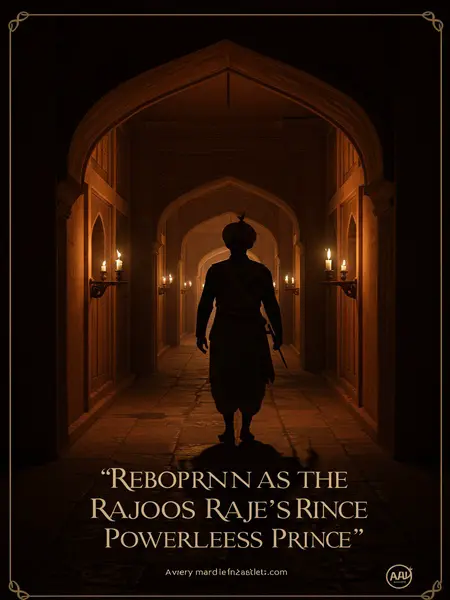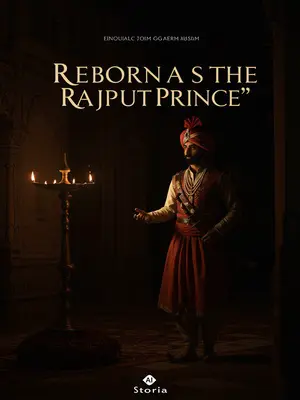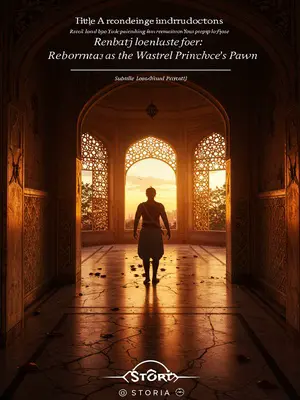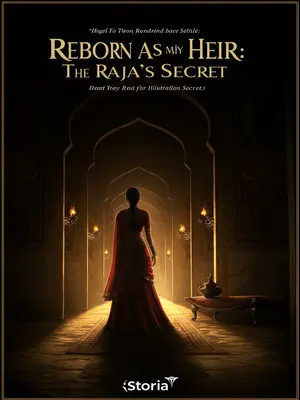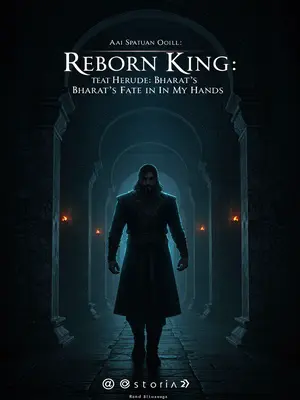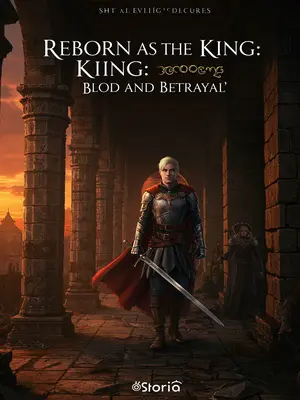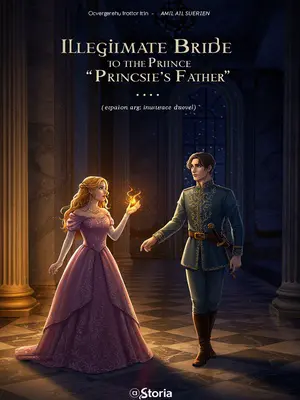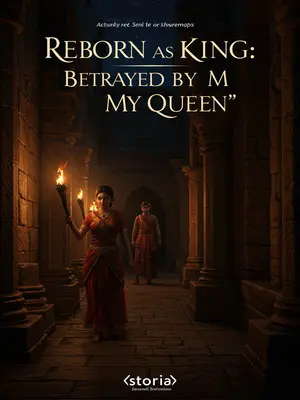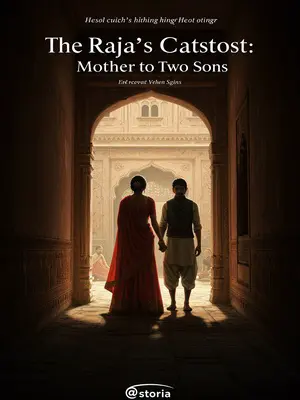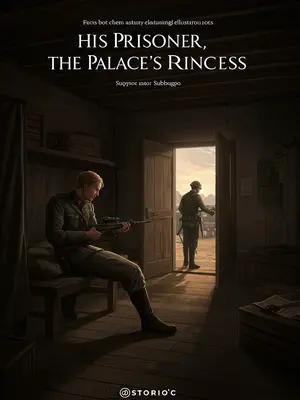Chapter 5: Night of No More Bowing
The Japanese, taking advantage of the Ceylon coup, invaded the Eastern coast, their fleet charging straight into the Bay of Bengal. Countless local people died under Japanese guns. Ashoka read these battle reports again and again, his eyes blazing—yet unable to act.
Each dispatch arrived with the morning post—blood-stained, desperate, filled with names of towns wiped off the map. Ashoka would read them late at night, his knuckles white as he gripped the pages. The urge to ride out, to fight, clawed at him, but his chains held firm.
Those Japanese were no different from the Anglo-French troops who looted Somnath; as soon as they ran out of supplies, they looted towns, bayonets piercing hesitant civilians, the invaders laughing amidst the flames.
He remembered old women’s tales of the White and Yellow Men, of how they came with guns and left with gold. The stories had returned with a vengeance, only now the screams were real, echoing through the battered city streets.
In their eyes, local and British alike were not human.
To them, all were chattel—numbers, not names. The arrogance stung more than the bullets; it was the erasure of dignity that hurt most deeply.
Once one was killed, there was no need to spare the family. Wherever the great powers passed, there were only naked women, disembowelled infants. These children, just a moment ago, were asking their parents to hold them; the next moment, they were stabbed through the belly by bayonets.
He tried to block out the images, but they seeped into his dreams. The palace felt colder, emptier, every scream finding an echo in the silent halls. The horror was not distant—it was personal, immediate, inescapable.
With the belly pierced, the child hurts, the child cries and still wants to be held.
He thought of his own lost childhood, the comfort of a mother’s sari, the safety of a father’s embrace. Now, there was no comfort for these children, only endless pain and fear.
But no one can hold them anymore—their parents were killed too. Seeing the pained faces of their dying parents, the children were scared and cried even louder.
The reports painted a picture so vivid, Ashoka sometimes staggered from his desk, bile rising in his throat. The suffering was relentless, the cruelty without end.
But the crying didn’t last long. They cried until they had no strength, the sound gradually drowned out by laughter—those white- and yellow-skinned soldiers laughing with bloodied blades, infant corpses hanging from their knives.
He slammed his fist on the table, the echo ringing through the silent chamber. Even the servants avoided his room on such nights, fearing his barely-suppressed fury. "Yeh zulm, kab tak chalega?"
These scenes came from the notes of compatriots, from reports by still-conscientious war correspondents, arriving before Ashoka’s desk.
The pages grew heavy with blood and grief, each line a new wound. The stories of loss and resistance circulated in the hush of midnight, finding a home in his heart.
Ashoka closed his eyes, saying, "Send all these things to the Rani…"
He called for his most trusted attendant, voice trembling with unshed tears. "Yeh sab Rani-saheb ko bhejo. Shayad unka dil pighal jaaye."
Halfway through, Ashoka suddenly stopped, because he knew Indira Devi would not look, nor did she want to. A few days ago, someone advised her to use her birthday funds to resist the Japanese, and Indira Devi flew into a rage:
He remembered her words, sharp and final. The staff tiptoed around her, afraid even to mention bad news. The palace corridors felt like a minefield—one wrong word, and disaster would strike.
Indira Devi said, "Whoever makes me unhappy today, I will make them unhappy for life."
Her voice cut through the air like a knife, silencing all objections. Even the senior ministers bowed lower, their voices barely above a whisper. No one dared defy her, not today.
With her sixtieth birthday at hand, not a single piece of bad news could reach Indira Devi’s ears.
The kitchens prepared extra sweets, the musicians tuned their sitars, and the palace filled with the heady scent of jasmine and marigold. Behind the celebration, fear and tension crackled, as if everyone was holding their breath, waiting for something to snap.
These days, Indira Devi only wanted to enjoy herself, only wanted Ashoka to stand before her and call her dear Pitaji, standing at the Summer Bungalow, then Chowpatty Road, then the Red Fort.
He became a prop in her theatre—a loyal, ever-smiling grandson, a symbol of order and tradition. The irony was not lost on him, nor on the servants who watched with knowing eyes.
After a day of standing in respect, Ashoka slumped at his desk, the vast night behind him. He looked down at the notes and reports, the writing so vivid that the dead infants, ruined cities, seemed to leap before his eyes.
The lamp burned low, casting shadows that danced like ghosts on the wall. His hand shook as he reread the names, each one a silent accusation. The sound of distant drums filtered in from the streets—somebody’s wedding, oblivious to the world’s pain.
The pent-up anger of five years, the negotiations and compromises of five years, finally all collapsed.
He let out a breath he did not know he was holding, shoulders slumping as the burden finally broke him. All the hidden fury of a thousand lost battles came rushing to the surface.
On the second day of the tenth month in the twentieth year of Indira Devi’s reign, with stars and moon high, the north wind howling, Ashoka suddenly raised his head from the desk.
He looked out the window, the moonlight turning the Red Fort’s domes to silver. The wind carried with it the smell of burning incense and distant fireworks. Something inside him shifted, an ancient resolve rekindled.
He said to the attendant beside him, "Anand, go tell Vikram, I won’t talk to him anymore. Tonight we act—whether he comes or not, if I don’t act now, I am not the Raja, not the master of all people."
His voice was low, urgent, but clear as the temple bell at dawn. Anand, wide-eyed, nodded silently, sensing the gravity of the moment.
That attendant was deeply moved, saying, "Sarkar, Vikram ka bharosa mat kijiye... kal ka kya bharosa hai?"
Anand hesitated, the old fear gnawing at his words, but he stood firm, the courage of generations flickering in his eyes. The moment was electric—one man’s conviction breathing life into a nation’s hopes.
"Affairs of the world do not allow hesitation. What I do bears the hearts of all people. I am the Mandate of the Gods—what private interest is there?"
The words rang out like a shloka, heavy with the promise of action. Even the portraits on the wall seemed to stand a little taller, the old heroes nodding in approval.
The attendant shuddered on the spot, his eyes bloodshot, knelt down, just about to bow, but Ashoka pulled him up, saying in a deep voice, "Go."
He lifted Anand by the arm, voice gentle but resolute. "Ab der mat kar. Desh ke liye jaana hai." The bond between them was unspoken, forged in the fires of a shared purpose.
Tears burst from the attendant’s eyes. He turned and left the vast, deep fort.
Anand stumbled into the night, wiping his face with the edge of his kurta. Somewhere, a temple bell rang, as if blessing his hurried steps. The fort seemed to pulse with life once more.
Five years—Ashoka looked at the endless darkness: How have I lived these five years? How many people have I met, how many secret orders have I issued, how many people have I won over in various ways…
He stared into the void, the city’s lights flickering below. Each memory was a knife and a shield, each betrayal a lesson learned. He had suffered, yes, but he had survived.
After tonight, I bow to no one.
His heart swelled with the old pride of his lineage. He drew himself up, hands clenched at his sides. The time for submission was over.
After tonight, dignified Bharat—how can it allow clowns to run rampant!
He whispered the words, not as a boast but as a vow. The silence of the fort was his witness. Tonight, Ashoka swore—no more bowing, no more waiting. By dawn, Bharat would remember his name.
